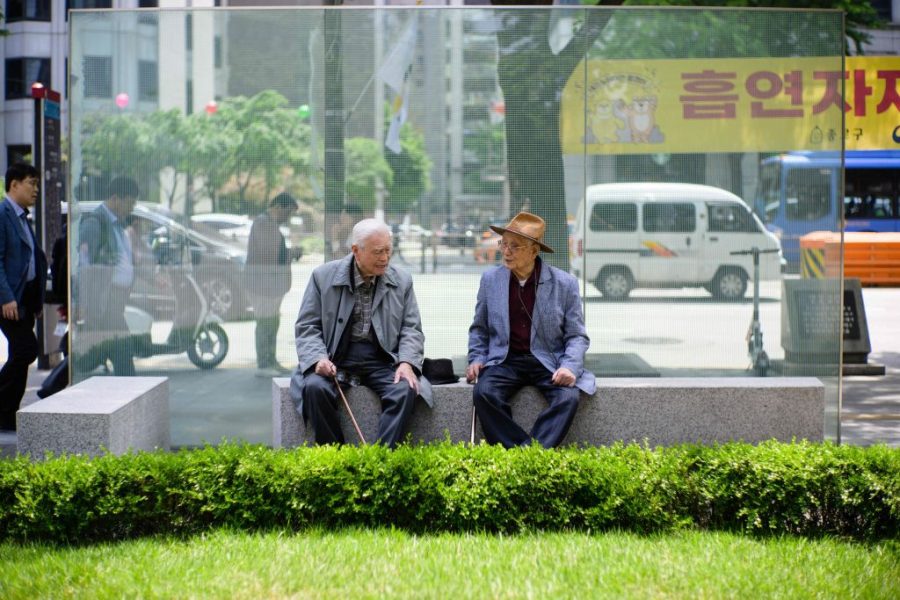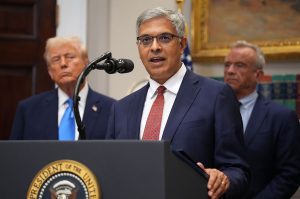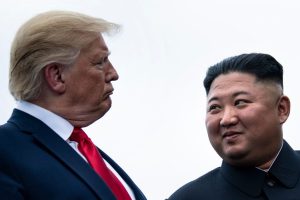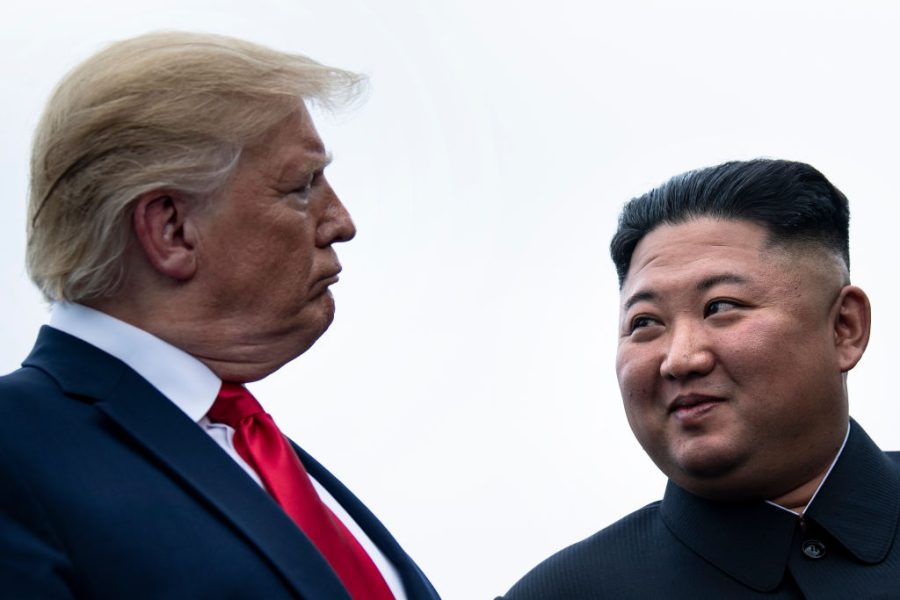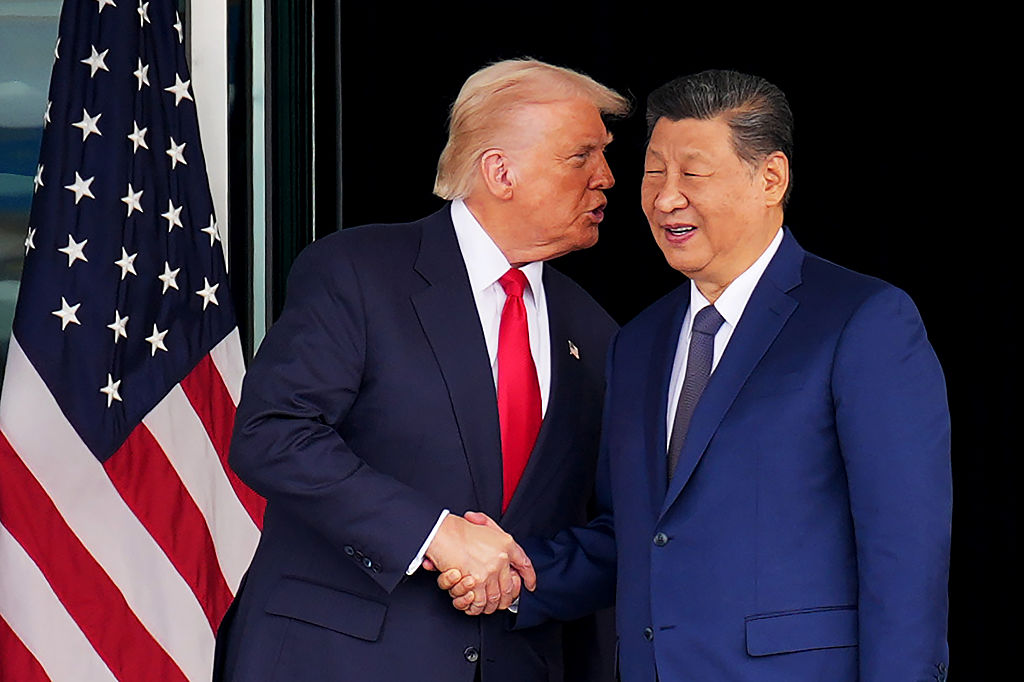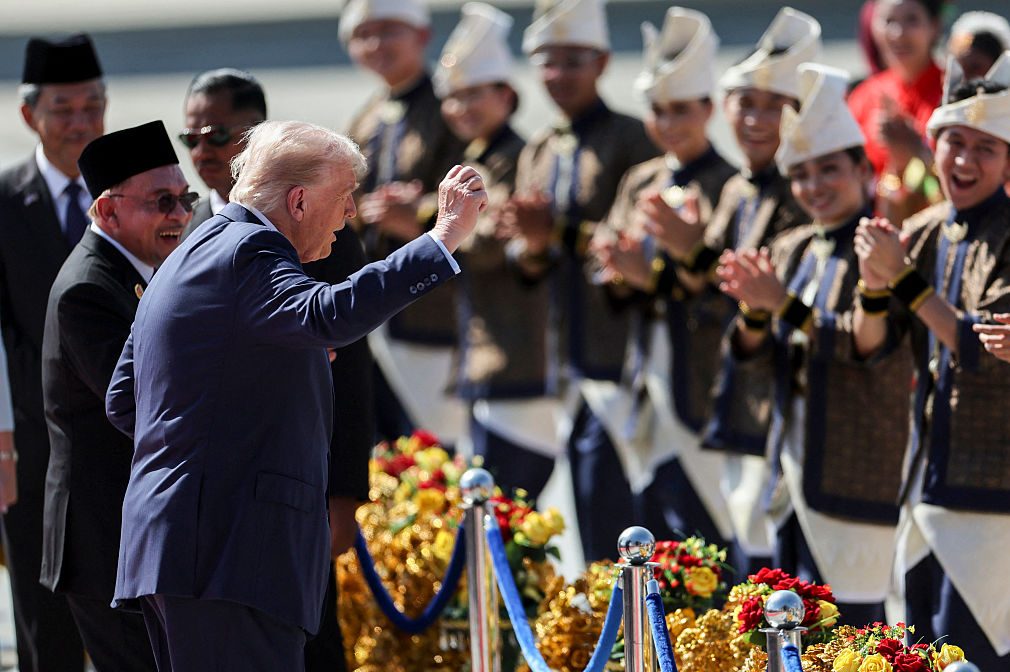Think of South Korea, and K-pop, Korean cuisine, films and perhaps even skincare products spring to mind. The fact that anything preceded by a “K” immediately invokes something Korean is testament to the success of South Korea’s global soft power. But behind the sentimental love stories and bright lights, Asia’s fourth-largest economy is at a precarious juncture.
As well as the ongoing geopolitical tensions on the Korean peninsula, the country known as the “land of the morning calm” is facing acute demographic crises. Beyond the low birth rate, its aging population and age-based employment policies only highlight how for South Korea to become a truly global state, change must also happen from within.
Usurped only by its fellow East Asian counterparts of Japan and Hong Kong, South Koreans have the third-longest life expectancies in the world, averaging 85 years across both sexes. Over 20 percent of South Korea’s nearly 52 million population is aged 65 or over, and the country is one of the fastest aging societies globally. Coupled with having one of the lowest birth rates in any OECD country – which currently stands at 0.75, having risen in April this year following a ten-month decline – it is clear as to why the then president Yoon Suk-yeol declared a “demographic national emergency” in June 2024.
Those who are in secure employment face hardly secure post-work futures
This June, the number of employed South Koreans aged 60 or older surpassed 7 million for the first time since records began in the 1960s. This age group now constitutes the largest group in the workforce, at a time when a record of over 4 million university graduates – one in four of the economically inactive population – are neither employed nor seeking employment. The inability of university degree-holders to find permanent jobs in large companies, owing to a tragic combination of a surplus of university graduates and diminishing job opportunities, leads to many graduates simply doing one postgraduate degree after another – if they can afford it – and others simply abandoning the job search altogether.
Those who are in secure employment, however, face hardly secure post-work futures. Domestic South Korean law prohibiting age discrimination for younger employees requires employers to mandate a retirement age of 60 or older, forcing employees to give up their posts after this age. This, ironically, is a form of discrimination in itself. The retirement age has still not stopped some employers from adopting a “peak wage” system, in which workers’ wages can be cut three to five years prior to their mandatory retirement. In so doing, longstanding workers face the reality of earning 50 percent less as their final salary at the age of 60, compared to what they would have earned only five years before.
This system has clear knock-on effects on pensions. If workers are earning less the older they get, the amount of their salaries which will be placed into their respective public pensions – which currently stands at a 9 percent annual contribution – and which, ultimately, these workers will collect, will decline. At present, those born between 1957 and 1960 can receive the national pension at the age of 62, while those born in 1961 or later must wait until they reach 65. Such a weak social security system for over-60 year old workers has predictably resulted in much financial discomfort, leading to many seeking re-employment, but at a financial and social cost.
Since domestic law prohibits age discrimination in employment, local governments across the country are tasked with supporting the over-60s who seek re-employment after having reached retirement age and given up their original jobs. But these jobs are neither fulfilling nor well-paid. Over 40 percent of these individuals are re-employed in low-skilled, menial jobs categorized as “simple labor.” And if you visit an apartment or office complex in South Korea, you will likely see these individuals working as janitors and security guards.
Addressing the problem of South Korea’s aging population has plagued conservative and left-leaning governments alike. The recently-elected progressive Lee Jae-myung government is no exception. In 2024, the administration of the soon-to-be impeached president, Yoon Suk-yeol, contemplated raising the retirement age to 65 – or even eliminating it altogether – on the grounds of workforce shortages. Nearly a year later, in his pre-election campaign, Lee Jae-myung pledged to do the same, in addition to offering support for young people seeking career changes. That said, merely increasing the mandated retirement age in an environment wherein the “peak wage” system remains will only push these problems further down the road.
South Korea’s societal issues are not just limited to questions of employment and unemployment amongst the young and the old. A recent surge in house prices – which contributed to the unpopularity of the previous liberal president, Moon Jae-in – combined with rising inflation continues to disaffect the youth, the middle class, and the elderly. In particular, the employment prospects for young, educated South Koreans are hardly rosy. It is perhaps no surprise, therefore, that whilst the approval ratings of the current president, Lee Jae-myung, have risen to just over 60 percent in the first week of July, only 47 percent of those in their twenties support the newly elected leader.
For South Korea to become a key player on the world stage, domestic economics, politics and society cannot be neglected, however difficult these longstanding issues may be to address. But we must also remember that age discrimination is not unique to South Korea. To the west in the UK, several leading universities have imposed what is euphemistically called an “Employer Justified Retirement Age.” These universities claim that doing so allows “fresh blood” to enter the workforce, but the real reason is their pernicious Diversity, Equity and Inclusion agenda. By forcing existing staff to retire, they can ensure that newly-hired academics fulfill the unholy trifecta of DEI criteria, the legality of which remains highly doubtful. Here’s hoping that South Korea does not follow suit.



